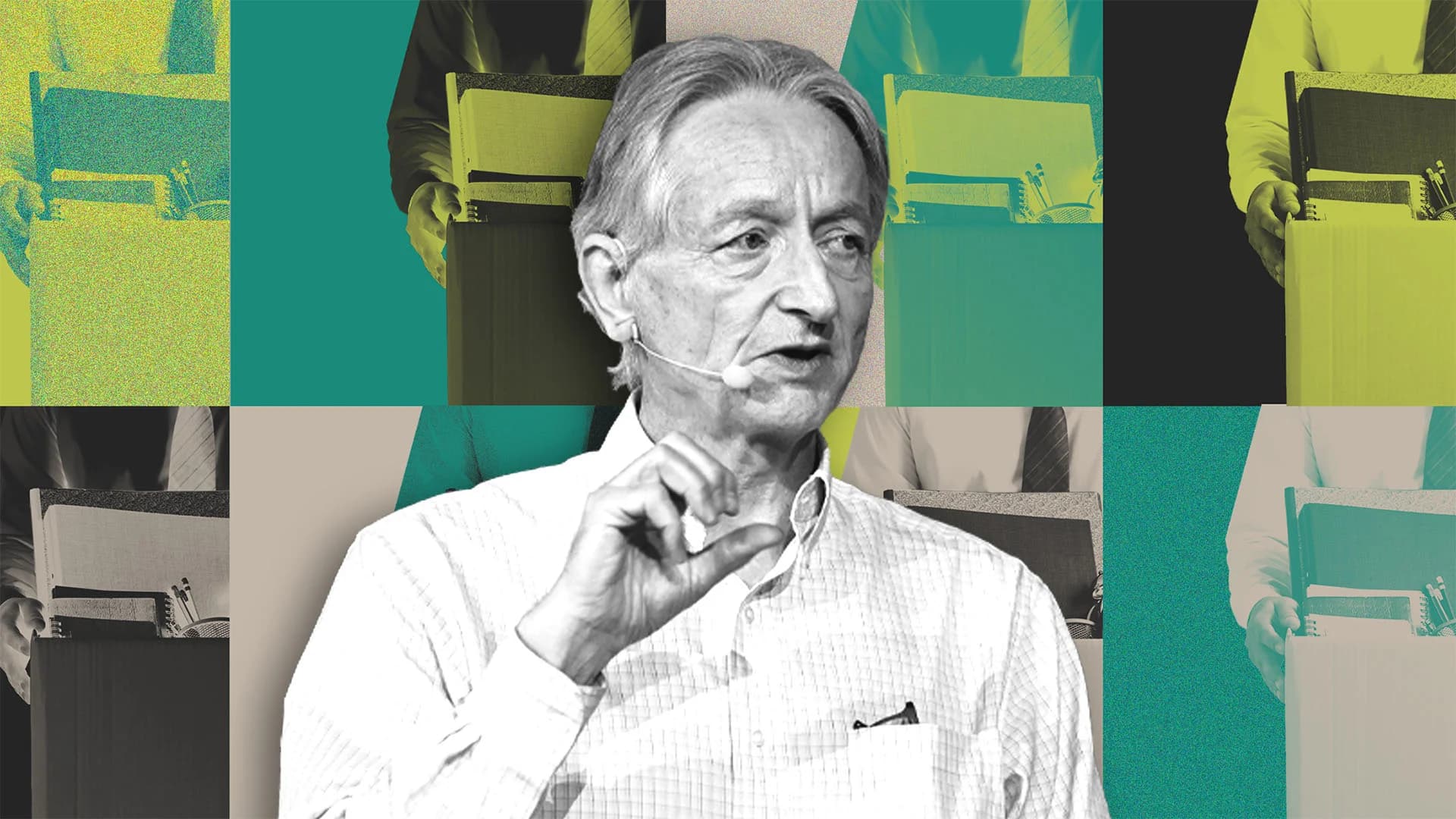Geoffrey Hinton Warns of Massive AI-Driven Job Losses Across White-Collar Professions

Geoffrey Hinton, widely recognized as the "Godfather of AI" and a Nobel laureate, has issued a stark warning regarding the imminent impact of artificial intelligence on the global workforce, predicting "massive job-loss" in intellectual labor roles. Hinton specifically highlighted professions such as paralegals, call center operators, and consultants involved in report writing as being particularly vulnerable to automation. His concerns underscore a growing debate about AI's societal implications and the future of work.
Hinton, who pioneered neural networks, stated that the displacement would not only lead to widespread unemployment but also exacerbate wealth inequality. "What's actually going to happen is rich people are going to use AI to replace workers," he remarked, adding that this would create "a huge rise in profits" for a few while making "most people poorer," a consequence he attributes to the capitalist system rather than the technology itself. This perspective suggests a fundamental shift in economic power dynamics.
While some tech leaders, including OpenAI CEO Sam Altman and Elon Musk, have proposed Universal Basic Income (UBI) as a potential buffer against AI-induced job displacement, Hinton remains skeptical of its effectiveness. He argues that UBI, while providing financial relief, "will not help with the self-respect that people get from doing jobs." This highlights a deeper concern about the psychological and social impact of widespread job loss beyond mere economic hardship.
The AI pioneer's warnings are echoed by observations of a shrinking number of entry-level opportunities, with AI systems increasingly handling tasks previously performed by new graduates. However, Hinton suggests that jobs requiring physical manipulation, such as plumbing, may be more resilient to AI automation in the near future. His insights continue to shape discussions on how societies should prepare for the transformative effects of advanced AI technologies.